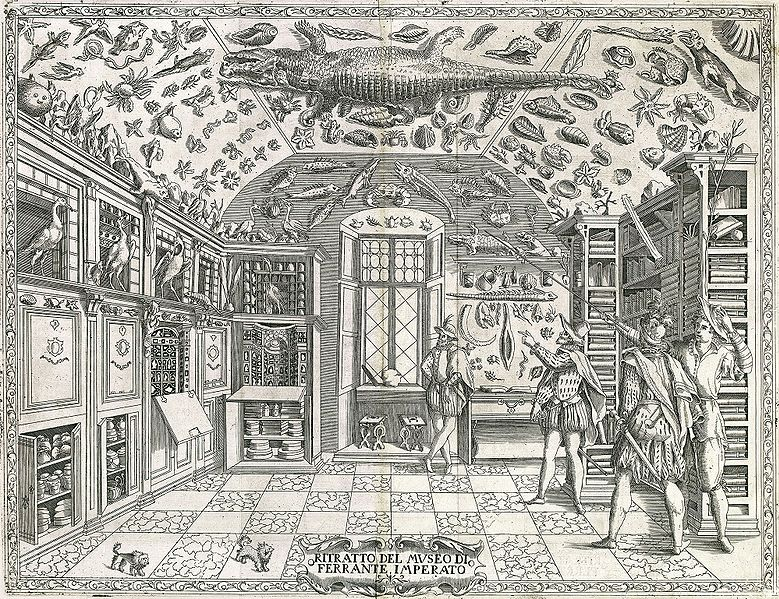Liveblogging at ALT-C.
Martin Bean’s title is ‘A journey in innovation’. This refers both to his journey to this point and to the journey involved in educational innovation. We at ALT-C are custodians of a small but important part of this journey.
Education can no longer be regarded as a once-in-a-lifetime experience, it is a lifelong experience. It is no longer about the 18-year-old cohort getting a one-off experience and then going on to prosper
It is increasingly an international experience. 2.5 million students are currently studying outside their home country.
If we stick with bricks and mortar, the world cannot supply enough HE places to satisfy demand. We need to move to clicks and mortar.
Tax-funded HE worldwide is in retreat mode. The private sector is the fastest growing sector of higher education. The private sector’s motivation is very difficult to that of traditional universities. It is concerned with shareholder value, not necessarily with social justice.
We need to educate citizens for new types of work. Science, Technology, Engineering and Mathematics(STEM) are key if we are to have a competitive workforce.
Sustainability is also increasingly important. One of the roles of HE is to make people feel uncomfortable in order to bring about the sort of change that is necessary.
Our collective challenge is to transform information into meaningful knowledge.
Currently, school is like being on an aeroplane. You sit down for a long period of time, put your trust in someone at the front – and hand over all your electronic devices.
We need to blend digital lifestyles and digital workstyles. Learning in the workplace needs to becomes integral because people can’t stop their lives in order to get more education. Higher education must remove artificial barriers between formal and informal learning and must become more learner centred. We need to nurture powerful communities of learning. We need to enable relevant, personalised, engaging learning. We need to build agile, efficient and connected learning systems.This is more about the people and the process than about the technology. We spend all our time thinking about hardware and software and very little time thinking about brainware.
The Internet is somewhere we can extend our brand and be visually attractive. We must recognise that we have to produce a whole new generation of engaging, innovative content. The Internet allows us to reach out to users where they live. Over 50% of the people who download Open University material from iTunesU are based outside the UK. This is a very cost effective way of reaching out to people.
SocialLearn can be the place where social networking meets education.
